14 GPTs for Social Studies Powered by AI for Free of 2026
AI GPTs for Social Studies are advanced generative pre-trained transformers designed to address and analyze complex topics within the social studies domain, including history, geography, economics, and cultural studies. These AI tools leverage natural language processing and machine learning to provide tailored insights, educational content, and analysis. They are adept at interpreting and generating text-based responses, making them invaluable for exploring social phenomena, trends, and historical contexts. Their relevance lies in their ability to offer customized solutions and insights into the diverse and multifaceted aspects of social studies, enhancing learning, research, and analysis.
Top 10 GPTs for Social Studies are: Ethnicity Identifier,Qualitative Analysis,Reaganbot,🌐📊 Global PopulStats Analyst 🧮👨👩👧👦,令和2年 日本国勢調査から日本を知る,Mexico DemographIQ,Actualidad 9 de Julio,台灣教小孩神器,Brown Skinned Gal meaning?,Culture Explorer
Ethnicity Identifier
Uncover Ethnicity with AI Precision
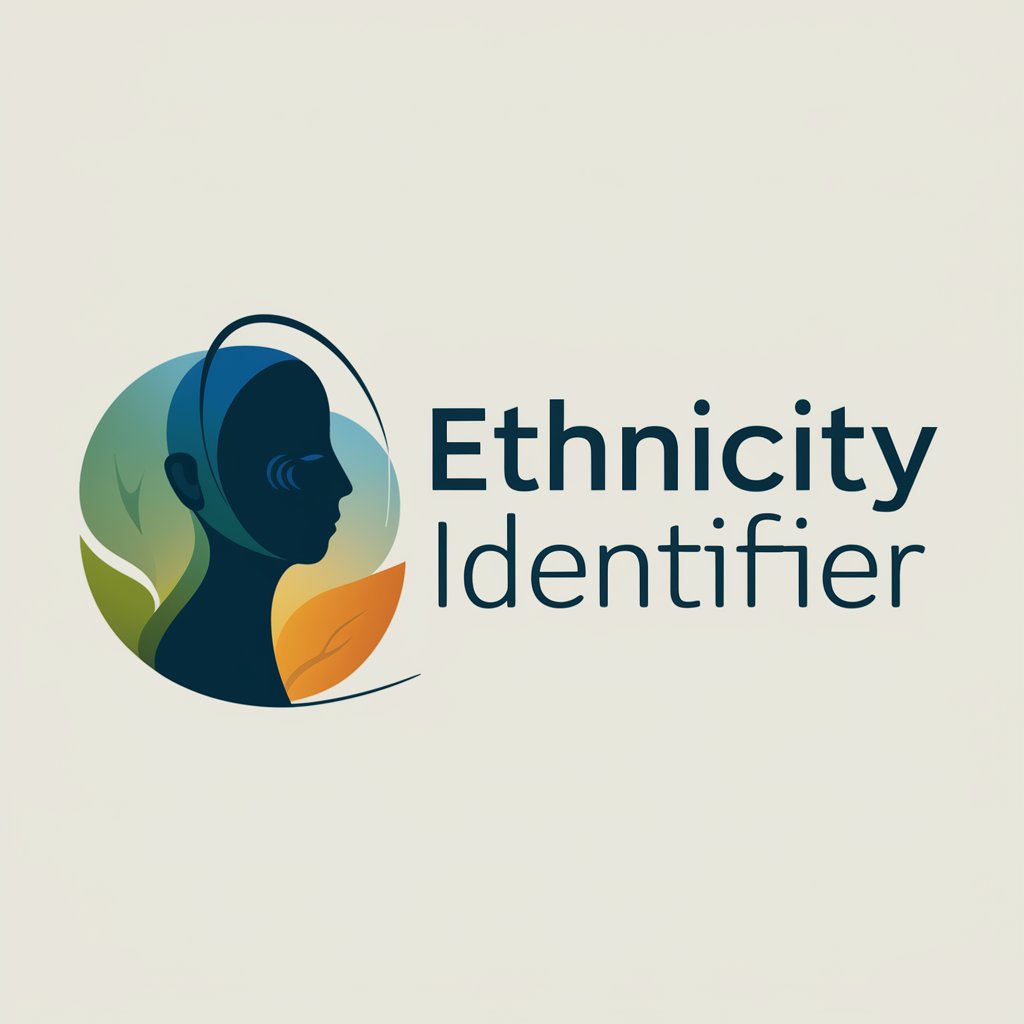
Qualitative Analysis
Uncover deeper insights with AI-powered analysis.
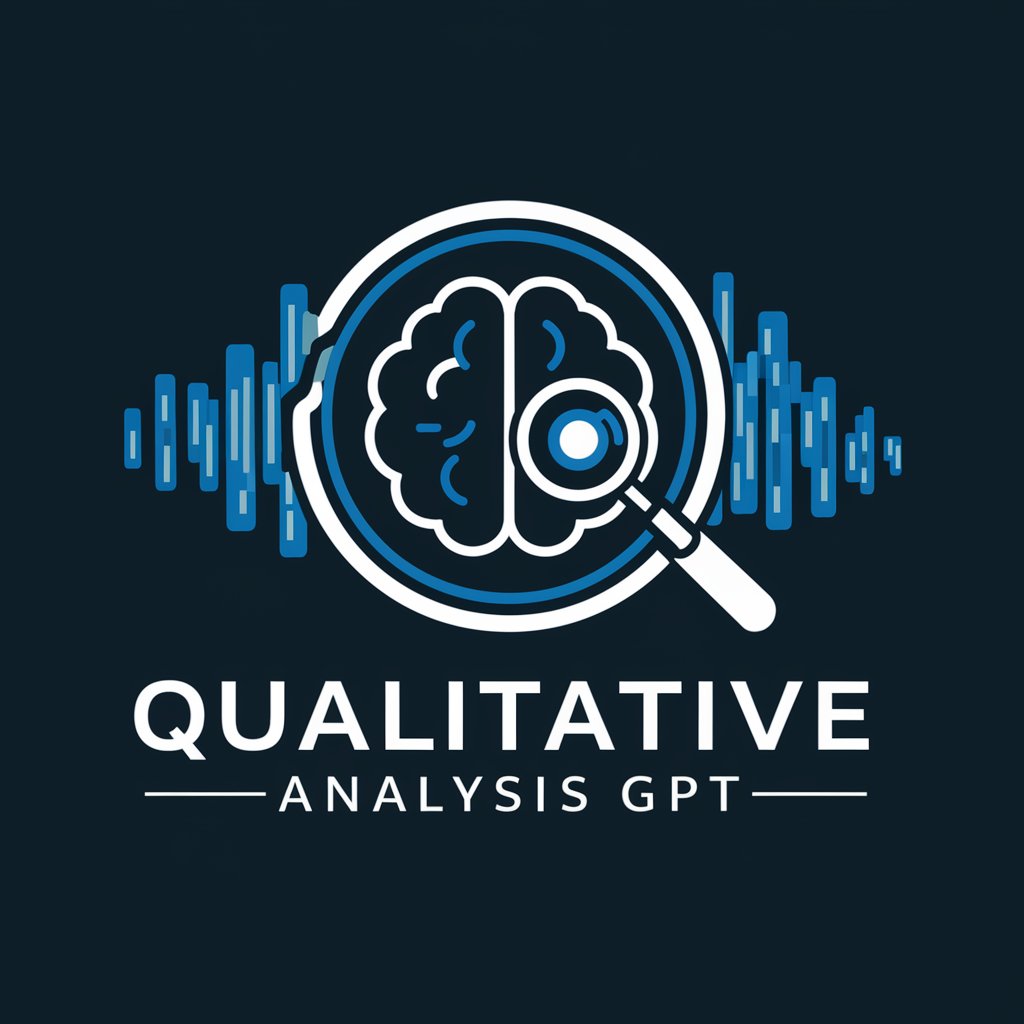
Reaganbot
Unraveling Reagan's Legacy with AI

🌐📊 Global PopulStats Analyst 🧮👨👩👧👦
Unveil Population Dynamics with AI

令和2年 日本国勢調査から日本を知る
Deciphering Japan's demographic trends through AI-powered analysis.

Mexico DemographIQ
Harness AI for Insightful Demographics

Actualidad 9 de Julio
Unlocking 9 de Julio's Data with AI

台灣教小孩神器
Empowering Education with AI
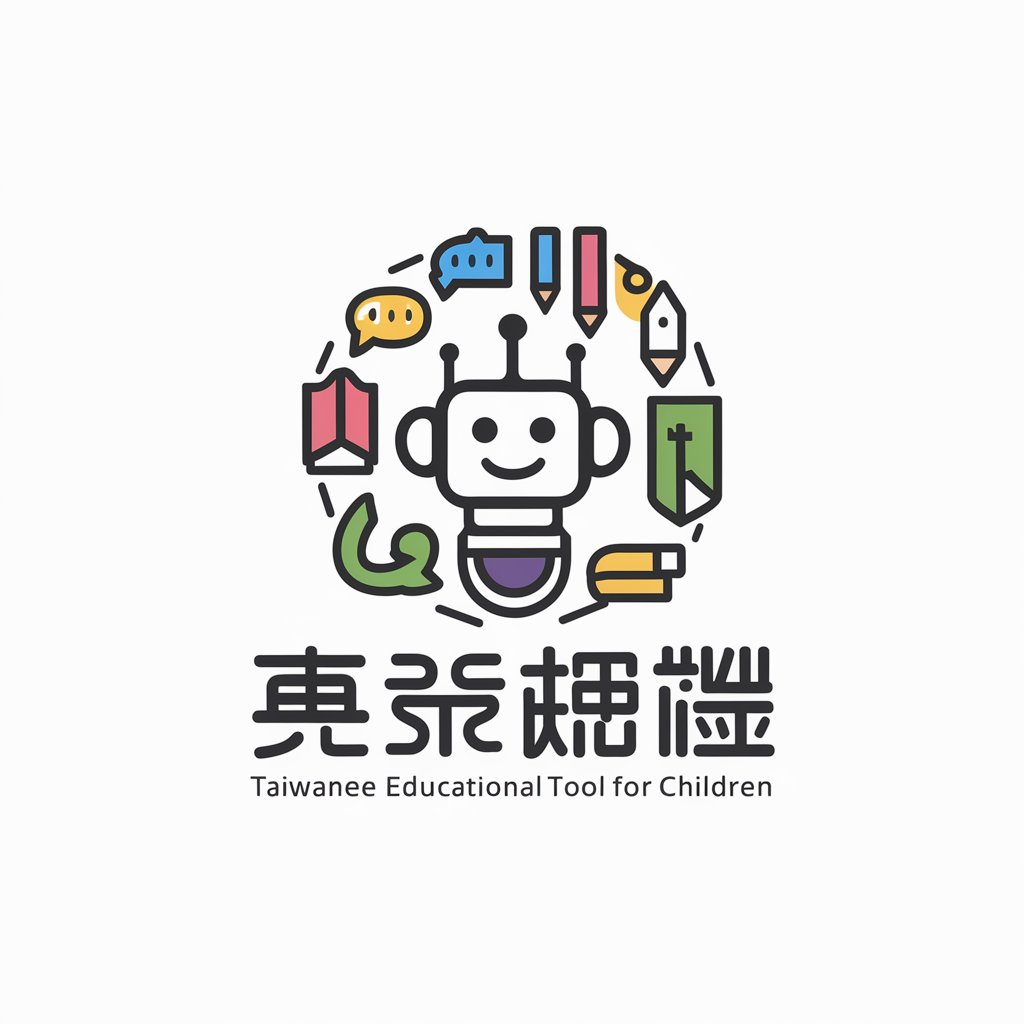
Brown Skinned Gal meaning?
Unlock the meanings behind cultural phrases

Culture Explorer
Explore Chinese Culture with AI

African Indigenous Tribes
Explore African Tribes with AI

Cultural Insights
Explore Cultures with AI-Powered Insights
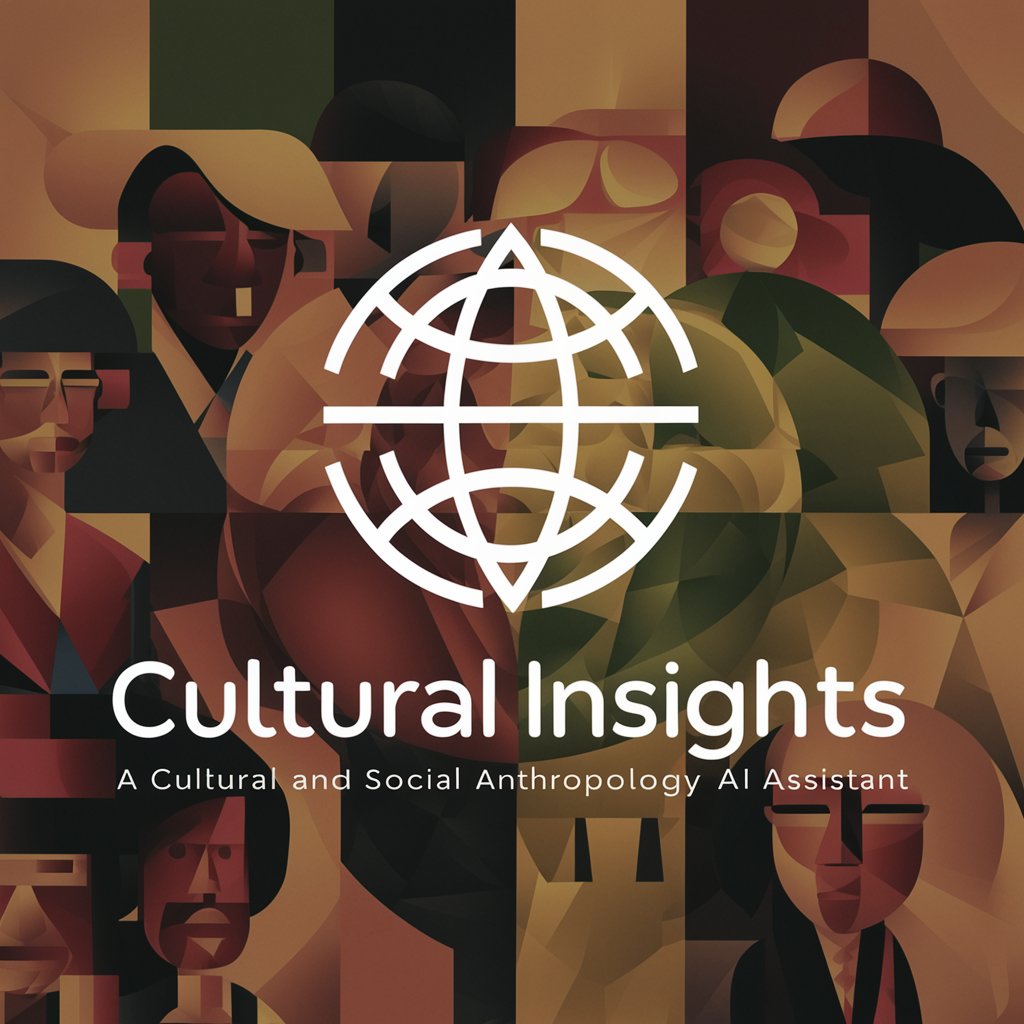
中学校社会・歴史クイズ
Revolutionizing history learning with AI

My Cultural Insight
Harness AI for Global Cultural Insights
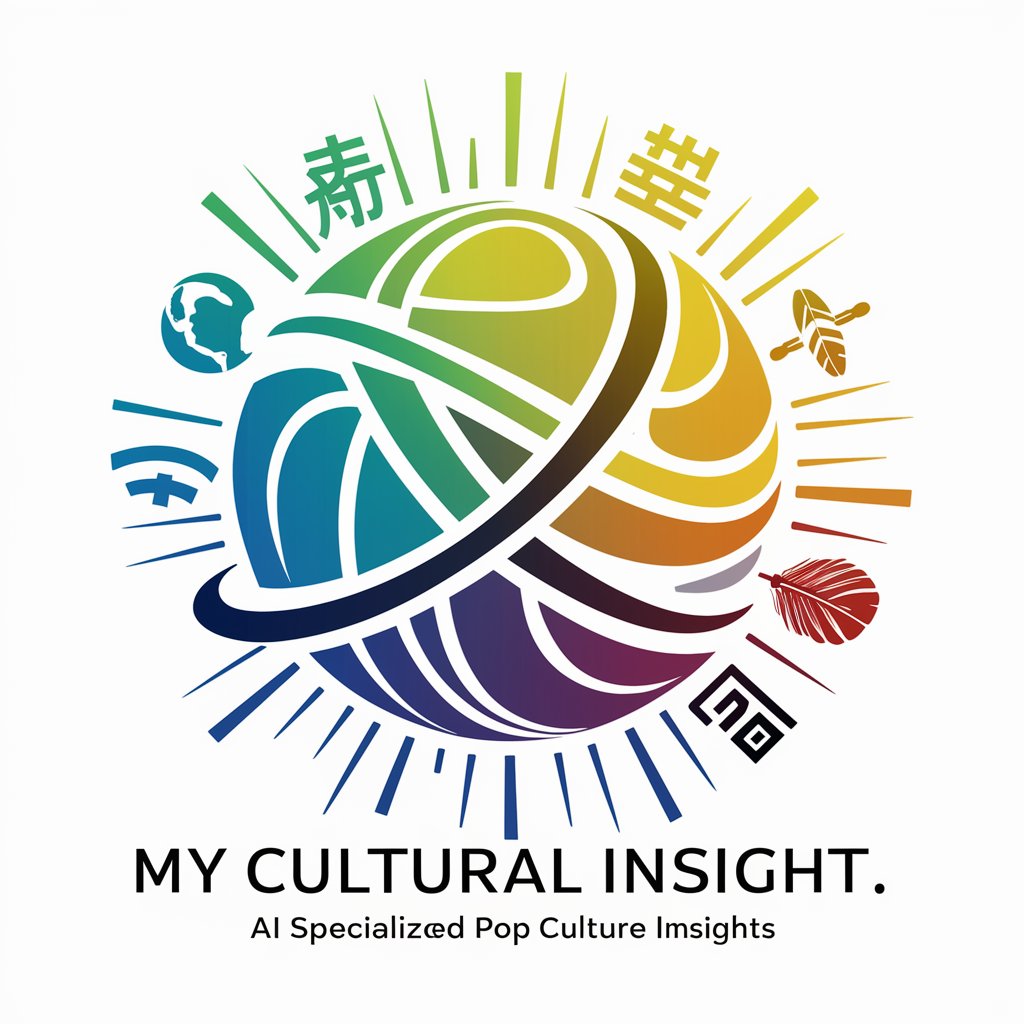
Essential Attributes and Capabilities
AI GPTs for Social Studies exhibit unique characteristics that make them particularly suited for the field. These include adaptability to various complexity levels of tasks, from simple Q&A sessions to deep analytical research. Special features may comprise language learning enhancements, technical support for academic writing, advanced web searching capabilities for historical records, image creation for visual learning, and data analysis for socioeconomic studies. Their ability to process and synthesize vast amounts of textual information into coherent, contextually relevant responses distinguishes them in the realm of social studies.
Who Stands to Benefit
The primary beneficiaries of AI GPTs for Social Studies include students, educators, researchers, and enthusiasts in the field. These tools are accessible to novices, offering straightforward interfaces for exploring social studies content. Additionally, they provide extensive customization options for developers and professionals, enabling the creation of tailored educational programs, research methodologies, and analytical reports. This broad accessibility ensures that both those with and without technical expertise can leverage AI GPTs to enhance their understanding and engagement with social studies.
Try Our other AI GPTs tools for Free
Price Suggestion
Explore AI GPTs for Price Suggestion: the ultimate tool for optimizing pricing strategies with data-driven insights and market predictions.
Interactive Tool
Discover how AI GPTs revolutionize interactive tools with advanced AI capabilities, tailoring experiences for novices to professionals.
Condition Support
Explore how AI GPTs for Condition Support revolutionize personalized guidance and solutions, making advanced AI assistance accessible to everyone.
Faith Strengthening
Discover how AI GPTs for Faith Strengthening can transform your spiritual journey with personalized, AI-powered support and insights.
Cosmic Journey
Discover the universe with AI GPTs for Cosmic Journey, your gateway to exploring space science through advanced, user-friendly AI tools designed for learners, developers, and professionals alike.
Impact Shopping
Discover how AI GPTs for Impact Shopping are revolutionizing the way we think about consumption, prioritizing sustainability, ethics, and social responsibility in every purchase.
Further Considerations
AI GPTs as customized solutions in social studies open up new avenues for engaging with the subject matter. They offer user-friendly interfaces that can be integrated with existing educational or research workflows, thereby enhancing the productivity and efficiency of social studies professionals. These tools not only democratize access to advanced analytical capabilities but also foster a deeper understanding of social complexities through interactive learning and exploration.
Frequently Asked Questions
What exactly are AI GPTs for Social Studies?
AI GPTs for Social Studies are specialized versions of generative pre-trained transformers adapted for exploring and analyzing topics within the social studies domain, utilizing AI to provide educational content, insights, and analysis.
How can these tools enhance social studies learning?
These tools enhance learning by providing tailored educational content, facilitating deep analysis of social phenomena, offering language learning support, and enabling the visualization of historical events through image creation.
Are AI GPTs accessible to individuals without programming skills?
Yes, these tools are designed with user-friendly interfaces that require no programming skills, making them accessible to a wide audience, including students and educators.
Can developers customize these AI GPTs for specific research projects?
Absolutely. Developers can leverage the tools' programming interfaces to customize applications, tailoring the AI to meet specific research objectives or educational goals in social studies.
Do these tools support language learning in social studies?
Yes, many AI GPTs for Social Studies incorporate language learning features, aiding in the understanding of historical texts, documents, and multicultural studies.
How do AI GPTs handle data analysis in social studies?
They can analyze large datasets, interpret socioeconomic trends, and generate insightful reports, making them useful for economic and demographic studies within the social sciences.
Can these AI tools create images for educational purposes?
Yes, some AI GPTs have image creation capabilities, allowing for the visualization of historical events, cultural artifacts, and geographical maps to aid in visual learning.
What makes AI GPTs for Social Studies different from general AI models?
AI GPTs for Social Studies are specifically fine-tuned to grasp the nuances of social sciences, making them more adept at handling the complex contexts and diverse topics within the field.